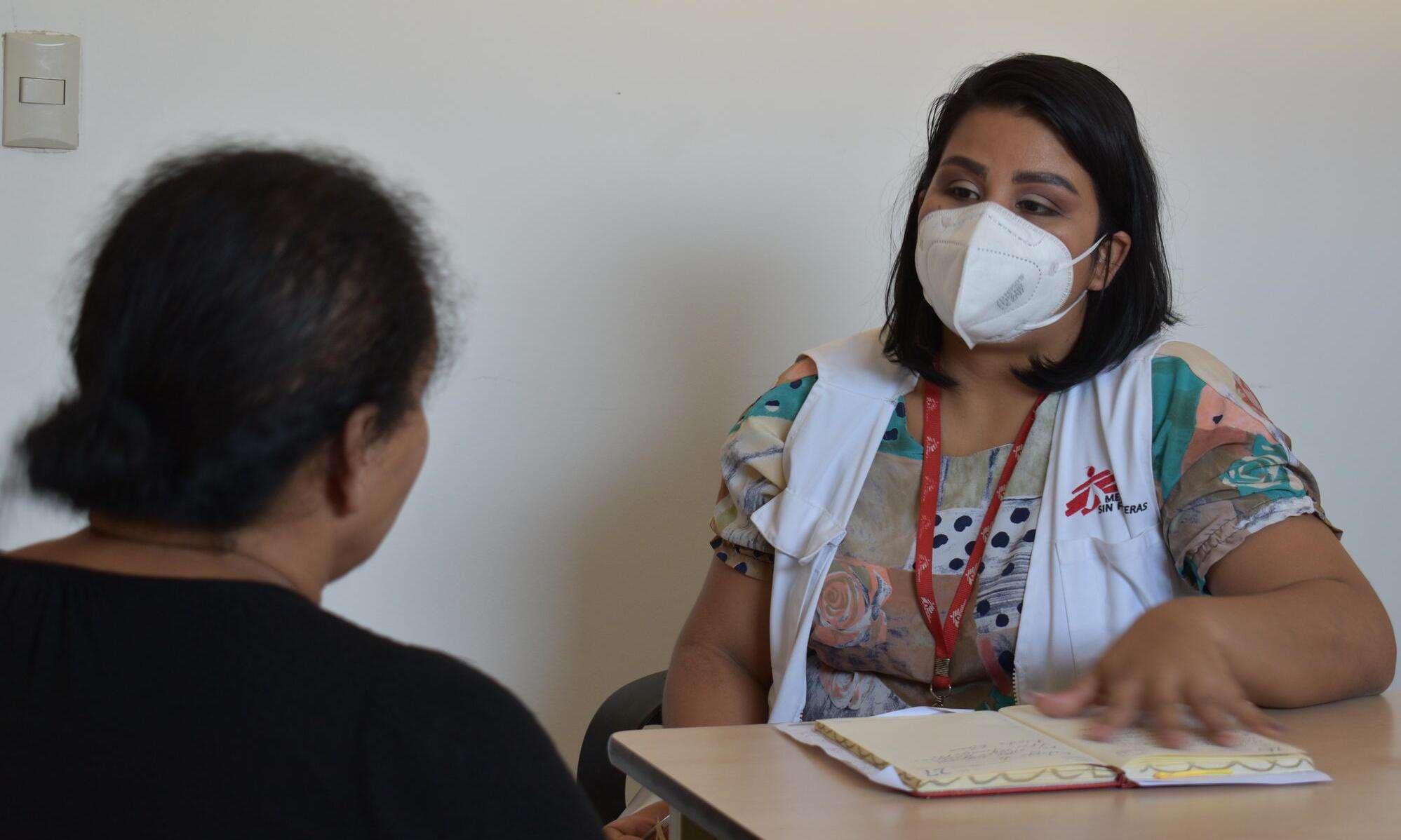NEW YORK, MARCH 10, 2023—The international medical humanitarian organization Doctors Without Borders/Médecins Sans Frontières (MSF) applauds the end of the 14-year ban on the emergency contraceptive pill in Honduras, which was lifted by the government on March 8. MSF has long advocated for the legalization and use of this medicine, also known as the “morning after pill,” to help prevent unwanted pregnancies and unsafe abortions.
“This is wonderful news for all women in Honduras,” said Brenda Villacorta, mental health activity manager for MSF in Tegucigalpa. “We join the celebration of this long-awaited news and mark this breakthrough for sexual and reproductive health.”
For many years, Honduras was the only country in Latin America that had a blanket ban on the drug. On January 24, the Honduran Ministry of Health took the first step towards lifting the ban by approving its use in situations of sexual violence, declaring the pill essential medicine within the Protocol for Comprehensive Care for Victims/Survivors of Sexual Violence. However, this partial approval meant people who needed emergency contraception and had not experienced sexual or gender-based violence still couldn’t access the medicine.
While the end of this ban marks a historic milestone, efforts to ensure quality care for victims and survivors of sexual violence must continue. Sexual and reproductive health care interventions must be strengthened, and the prompt nationwide implementation of the protocol for survivors of sexual violence must be ensured.
To help fill some of the gaps in this type of care, MSF has provided care to survivors of sexual violence in Honduras since 2011. Between 2018 and 2022, MSF’s medical team provided care to 1,200 people who had experienced sexual violence, 76 percent of whom were women. Teams have witnessed firsthand the great need for people to have access to emergency contraception to prevent unwanted pregnancy.
Honduras: MSF applauds end of 14-year ban on emergency contraceptive pill
For many years, Honduras was the only country in Latin America with a blanket ban on the "morning after pill."

Honduras 2023 © Laura Aceituno/MSF



